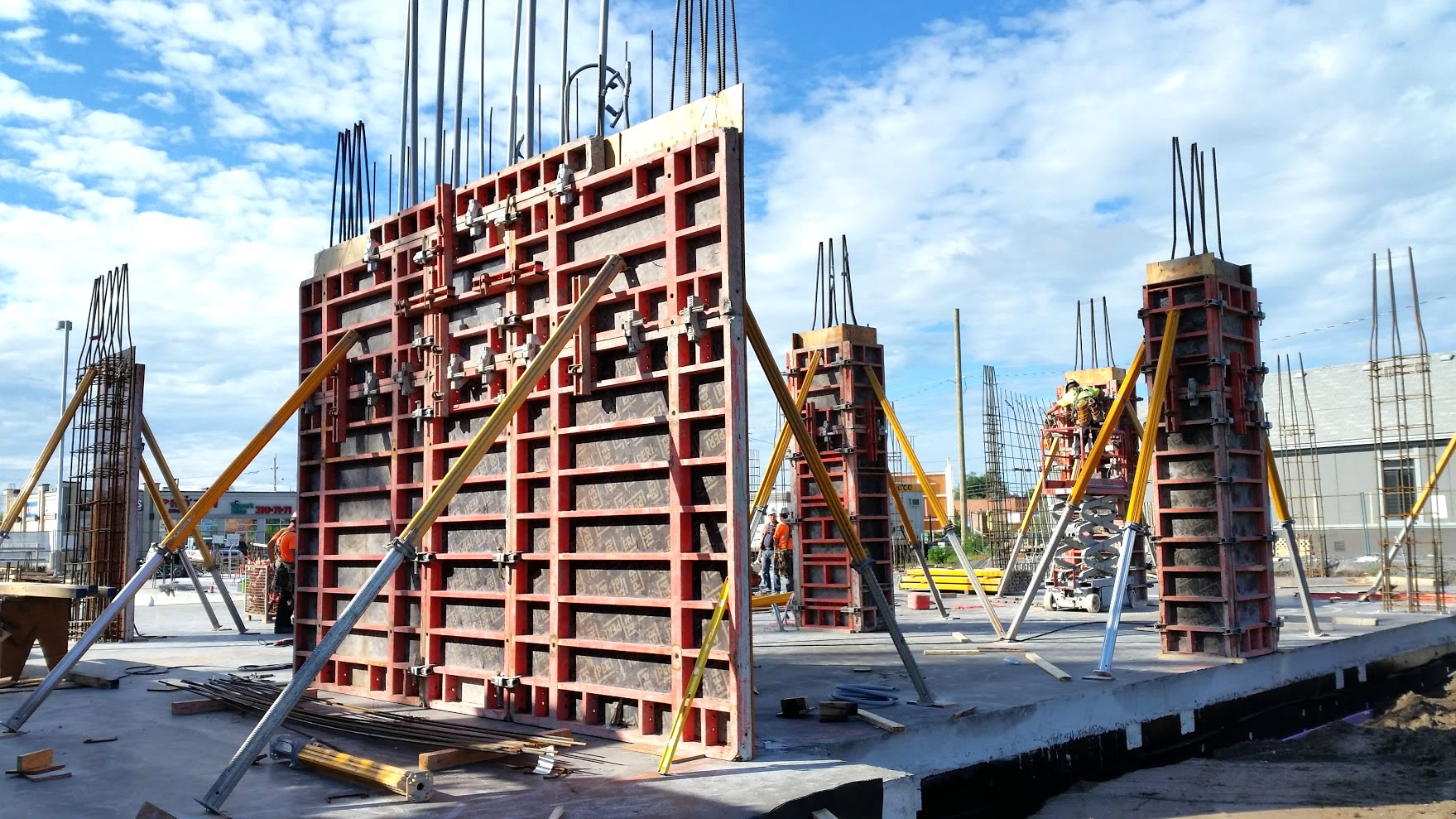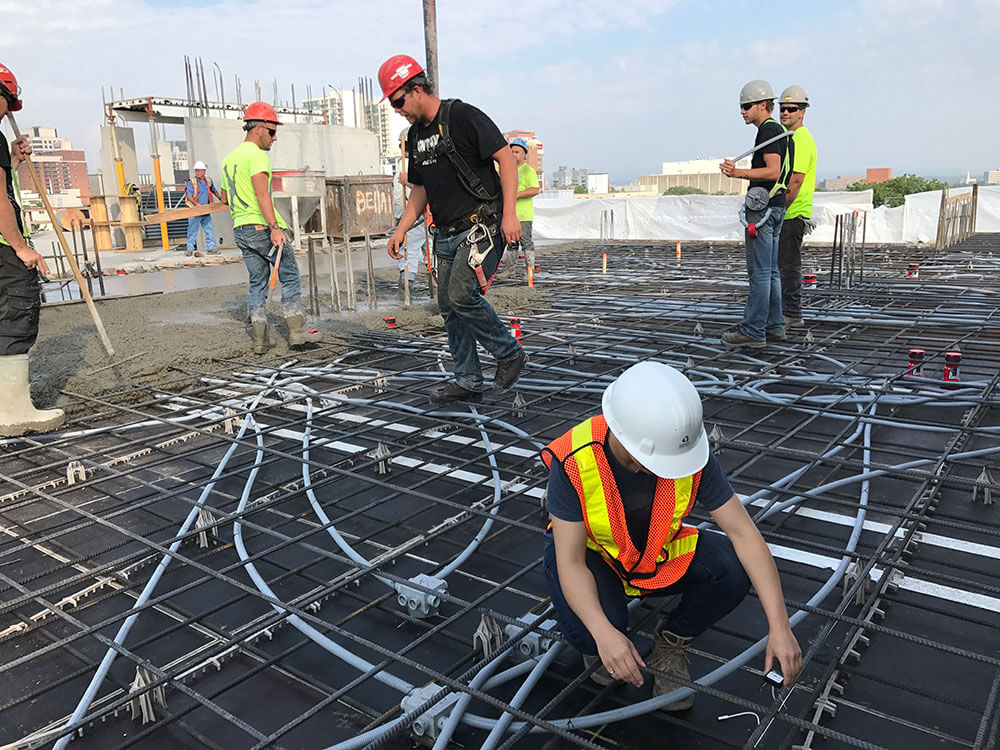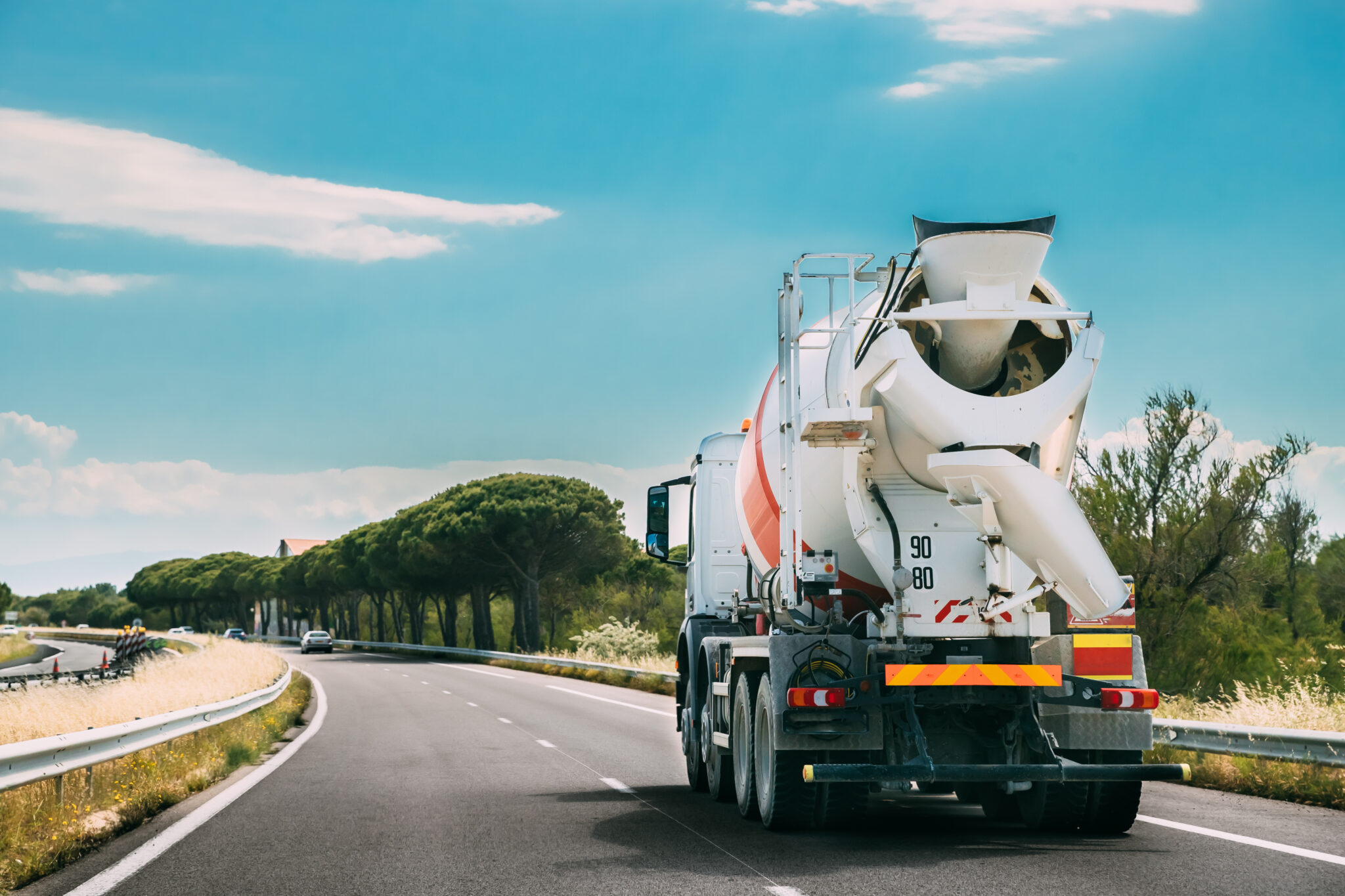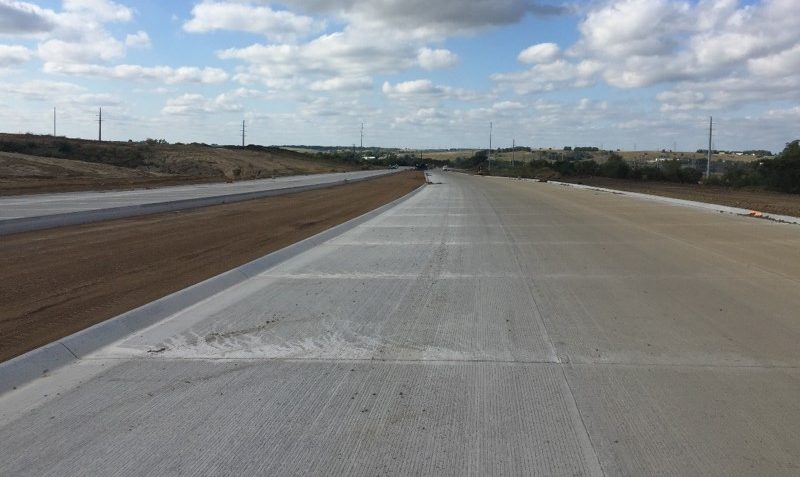Six companies and research institutions were with the bauma Innovation Award during a festive ceremony held on April 10 in the church Allerheiligenhofkirche in Munich. The award is presented as part of the world’s leading trade fair for construction machinery, building material machines, mining machines, construction vehicles and construction equipment. bauma is being held from April 11-17 at the trade fair site in Munich.
Explore 12 Futuristic Technology Trends Solving Concrete's Biggest Challenges.
The bauma Innovation Award is “a reflection of the innovativeness of the German and international construction, building material and mining machine industry,” Bavarian Economics Minister Ilse Aigner said in praising the award winners and all of the other companies that took part in the competition. “It serves not only as a demonstration of what is technically feasible, but also points the way to the future.” The six winners of this year’s award are:
- Kramer Werke GmbH, Pfullendorf (machinery)
- IMKO GmbH, Ettlingen (components)
- LEONHARD WEISS GmbH & Co. KG, Göppingen (construction process/construction work)
- The Technical University of Dresden, Department of Construction Machinery Technology, Dresden (research)
- Groupe Mecalac S.A., Annecy-le-Vieux, France, and the Technical University of Dresden, Dresden (design)
Johann Sailer, the Chairman of the German manufacturers of construction and building material machines included in the German Engineering Federation, noted that interest in the competition was growing among international companies. Almost half of all applications for the award came from international companies, Sailer said. The award also generates momentum for the entire industry, he added. And the world’s leading trade fair bauma is an exceptional platform for this, Sailer said. He described the trade show as “the absolute highlight of the industry, something that attracts tremendous attention around the world.”
Bavarian Economics Minister Aigner underscored the award’s importance to the economy: “The award winners being recognized today understand the signs of the times. With their innovations, they are making an active contribution to sustainable economic progress.” The minister described mechanical engineering as a role-model industry in Germany and Bavaria. She also noted that it is the state’s largest industrial segment with 220,000 employees. Innovations are essential to German mechanical engineering companies, creating the basis that enables them to maintain and expand their leadership role, Aigner said.
The winner in the machinery category is Kramer-Werke GmbH. It was honored for its 5055e vehicle, a fully electric wheel loader with all-wheel steering that it developed itself. The emission-free machine is optimally suited for jobs in buildings and tunnels. It also eliminates the need for costly ventilation systems. The vehicle’s traction drive and work hydraulics are each powered by an electric motor. The motor used by the work hydraulics always delivers only the amount of energy needed at the particular moment. Because the wheel loader produces so little noise, it can easily be used in noise-sensitive areas. In addition, maintenance costs are lower than those of conventional machinery because the electric motors are largely wear-free.
The award in the components category went to IMKO GmbH. The company was recognized for its Sono-WZ device, a hand-held analyzer that can quickly, accurately and easily measure the moisture content of fresh concrete. The parameters of the concrete are input. A sonde attached to a rod is then dipped into a bucket filled with concrete several times. The display subsequently shows the moisture level. Long waiting times like those required by the conventional Darr method become a thing of the past as a result. This prevents concrete from setting prematurely and increases the quality and lifespan of concrete structures.
The award in the category of construction process/construction work was presented to Leonhard Weiss GmbH & Co. KG for a pilot project in which the deteriorating driving surface of a steel bridge was rehabilitated at relatively low cost. First, the steel plate that forms the driving surface was repaired. Epoxy was then applied and sprinkled with bauxite chipping. Tightly meshed mat reinforcement and high-strength concrete specially developed by the Contec company were applied. The result is a completely new, significantly more resilient driving surface in which the approximately six centimeter layer of concrete is firmly bonded to the steel plate by the chippings. Thanks to this new process, deteriorating steel bridges can be repaired at low costs and in short periods of time. In addition, the load capacity of bridges can be increased.
The award in the research category was presented to the Department of Construction Machinery Technology at the Technical University of Dresden for its ongoing research into 3D printing for concrete. The focus of previous efforts aimed at turning this idea into a practical process was primarily in making individual concrete segments at production sites to meet customer specifications. In contrast, researchers in Dresden are intent on not only bringing 3D printing directly to the construction site, but also on using available machines as the basis for their new technology. They want to do so in a way that will enable these machines to continue to be used for their original purposes. The team is working to develop large-scale robot technology and a head nozzle that will apply fast-setting concrete in layers and thus create entire buildings. This idea could revolutionize not only the building process, but also building forms.
The award in the design category was presented to two winners. Mecalac was honored for its new generation of mobile excavators, and the Technical University of Dresden and several companies cooperating under the so-called Concept Cluster were awarded for their jointly developed driver’s cab, called Genius Cab.
The new mobile excavators produced by Mecalac use a design that exudes not only power and stability, but also dynamism and value, the jury said. The jury was also impressed by the way that the revolving upper deck and undercarriage had been integrated. This clearly demonstrates how technical progress and design can be combined, the jury said.
The jury also viewed the Genius Cab as the successful integration of technology and design, something that communicates a feeling of safety and strength to people who view it. Unique features like trim elements and the glass cab equipped with beveled windows show just how design can support brand formation, the jury noted.








